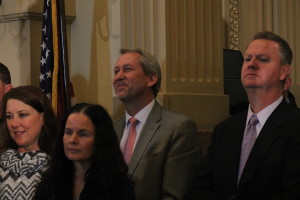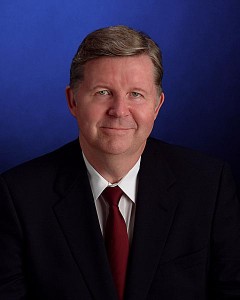“My legislative duty includes necessarily upholding constitutional requirements.” – Senator Ellen Roberts
We’re past the ceremonial days of the 2016 legislature and the only tasks we must complete in a session, based on the state’s constitution, are to pass the budget and the school finance act. Although a short list, these two pieces of legislation require months of noodling, number-crunching and negotiations. This year will be no exception. The budget touches every essential — and many nonessential — governmental services, and will be the biggest challenge we face over the next 120 days.
In their opening speeches, Gov. John Hickenlooper and House Speaker Dickey Lee Hullinghorst, both Democrats, already assigned blame to the Republicans for budget battles brewing on the horizon, saying there’s only one path to reconciling the mess and that’s with their workaround on the Taxpayer Bill of Rights. Their speeches highlighted the word “compromise,” but in a way that suggested perhaps neither has read the book Getting to Yes. There’s an art to compromise, including listening and incorporating the input of others, something sorely missing here.
It’s important to note that the top 2016 challenge in all U.S. state legislatures is balancing their budgets. Unlike Colorado, more than a dozen states failed to meet their 2015 deadlines to balance their budget. So, while the spending limitations of TABOR and other constitutional requirements are hard to reconcile, it’s not TABOR causing the big squeeze, but, as experienced across the country, the very long lists of state spending that are exceeding available revenue. Continue reading








